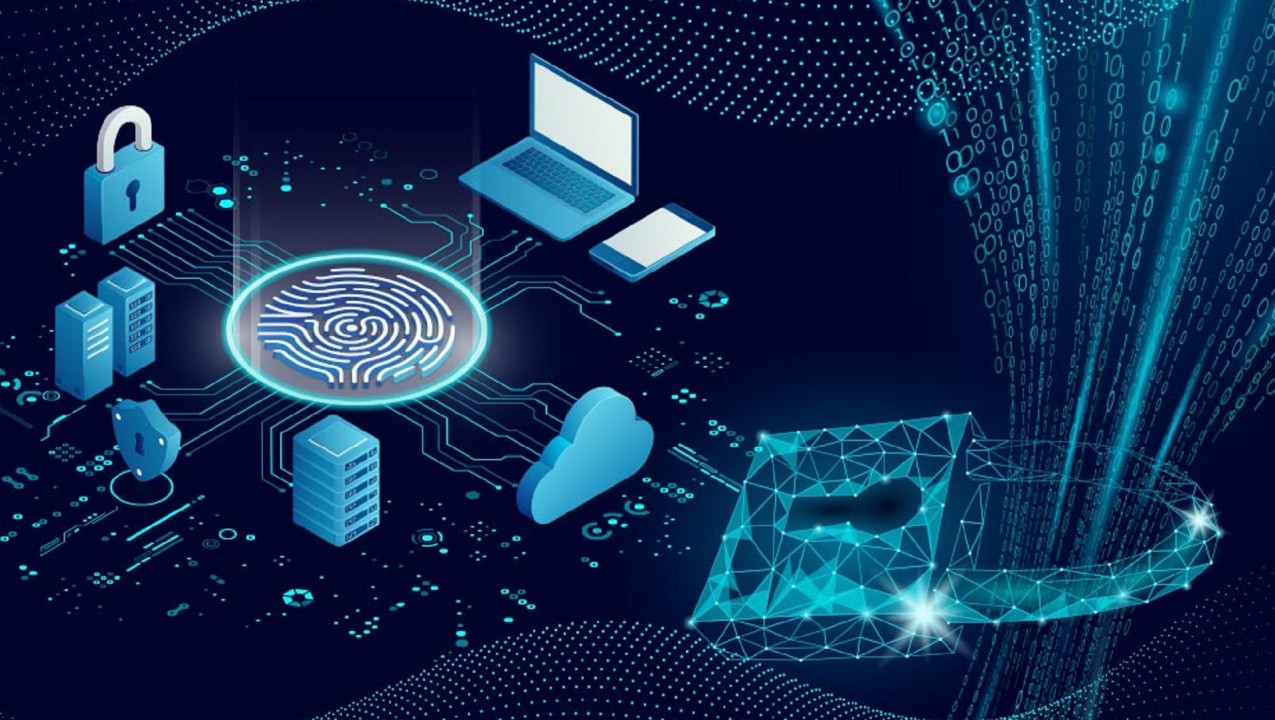Description
Introduction of Energy Efficiency in Edge IoT Systems
Energy efficiency is a critical factor in the design and deployment of Edge IoT systems, especially as the number of connected devices grows and the demand for sustainable technology increases. This course focuses on strategies and techniques for optimizing energy consumption in Edge IoT environments. Participants will learn about energy-efficient design principles, power management techniques, and best practices for reducing the energy footprint of Edge IoT systems. The course also covers case studies and practical approaches to enhance the sustainability of IoT solutions.
Prerequisites
- Basic understanding of IoT and Edge Computing concepts
- Familiarity with energy management and power consumption principles
- Knowledge of system architecture and design principles
- Experience with IoT device operations (optional)
Table of Contents
1: Introduction to Energy Efficiency in Edge IoT
1.1 Overview of energy efficiency in Edge Computing
1.2 Importance of energy management in IoT systems
1.3 Key challenges and goals for energy efficiency
1.4 Benefits of energy-efficient Edge IoT solutions (Ref: Edge IoT in Autonomous Vehicles)
1.5 Case studies: Successful energy-efficient Edge IoT deployments
2: Energy Consumption in Edge IoT Devices
2.1 Understanding energy consumption patterns in IoT devices
2.2 Factors affecting power usage: Sensors, processors, and communication modules
2.3 Measuring and analyzing energy consumption
2.4 Tools and techniques for monitoring device power usage
2.5 Case study: Analyzing energy consumption in a smart agriculture system
3: Energy-Efficient Design Principles
3.1 Designing for low power consumption: Hardware and software considerations
3.2 Energy-efficient component selection: Processors, sensors, and communication modules
3.3 Optimizing device operation: Sleep modes, duty cycling, and workload management
3.4 Implementing energy-efficient algorithms and protocols
3.5 Case study: Designing a low-power IoT device for environmental monitoring
4: Power Management Techniques
4.1 Techniques for effective power management in Edge IoT systems
4.2 Dynamic power management: Adaptive and reactive approaches
4.3 Energy harvesting: Utilizing renewable energy sources for IoT devices
4.4 Power budgeting and resource allocation strategies
4.5 Case study: Implementing energy harvesting in a smart city infrastructure
5: Reducing Energy Consumption in Communication
5.1 Optimizing communication protocols for energy efficiency
5.2 Techniques for reducing data transmission and reception power
5.3 Implementing efficient data aggregation and compression methods
5.4 Managing communication frequency and data rates
5.5 Case study: Energy-efficient communication in a smart grid system
6: Energy Efficiency in Edge Computing Infrastructure
6.1 Optimizing energy use in edge computing platforms and gateways
6.2 Techniques for efficient cooling and power management in edge servers
6.3 Strategies for balancing load and optimizing resource utilization
6.4 Monitoring and managing energy consumption at the edge
6.5 Case study: Energy-efficient edge computing for industrial automation
7: Sustainability and Environmental Impact
7.1 The role of energy efficiency in sustainability and reducing environmental impact
7.2 Measuring and reporting the environmental footprint of Edge IoT systems
7.3 Best practices for promoting eco-friendly IoT solutions
7.4 Compliance with environmental regulations and standards
7.5 Case study: Sustainability initiatives in a large-scale IoT deployment
8: Hands-on Lab and Final Project
8.1 Setting up and configuring energy monitoring tools for Edge IoT devices
8.2 Implementing power management techniques in a test environment
8.3 Designing and optimizing energy-efficient IoT solutions
8.4 Final project: Developing an energy-efficient Edge IoT solution for a chosen application (smart city, industrial automation, etc.)
8.5 Project presentations, group discussions, and Q&A
This course equips participants with the knowledge and skills needed to design and implement energy-efficient Edge IoT systems, addressing the challenges of power consumption and promoting sustainability in IoT deployments.







Reviews
There are no reviews yet.